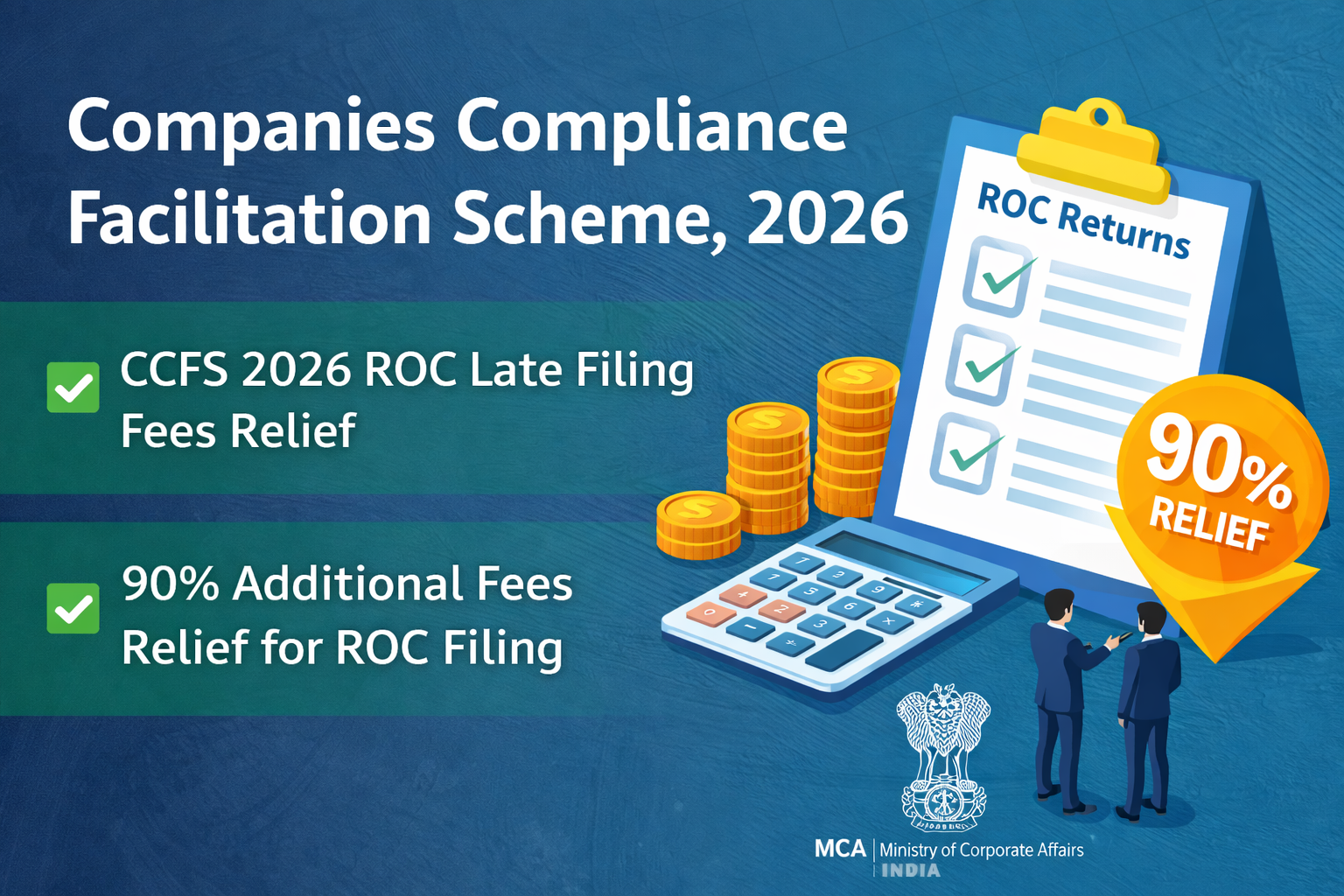Table of Contents
ToggleWhat is Company Audit?
A company audit evaluates the financial health of a business by examining its books, statements, and internal processes. Audits are performed by qualified professionals such as Chartered Accountants (CAs) or Certified Public Accountants (CPAs). These experts follow standard procedures to verify that financial statements accurately reflect a company’s true financial position.
Audits are not just about compliance—they also help in identifying errors, inefficiencies, and potential risks, making them a valuable tool for long-term business growth.
Why is a Company Audit Important?
Understanding the importance of a company audit is crucial for any business owner. Key reasons include:
Error and Fraud Detection
Audits help identify discrepancies in financial statements and potential fraudulent activities, protecting the company and stakeholders.Regulatory Compliance
A company audit ensures that businesses comply with applicable laws such as the Companies Act, 2013, Income Tax Act, and GST regulations. Non-compliance can result in penalties or legal action.Accurate Financial Reporting
Audits verify that financial statements reflect the true financial health of the company. Accurate reporting helps management make informed decisions and aids investors in evaluating business performance.Investor and Stakeholder Confidence
Investors, lenders, and stakeholders rely on audited statements to assess the reliability of a company’s financial position. Regular audits build credibility and trust.Business Improvement
Auditors often provide recommendations to improve internal controls, risk management, and overall operational efficiency.
Types of Company Audits
Companies can conduct various types of audits depending on the purpose and scope:
1. Internal Audit
Conducted by the company’s own audit team, internal audits assess the effectiveness of internal controls, risk management, and compliance procedures. Internal audits are proactive and help detect problems before external scrutiny.
2. External Audit
Performed by independent auditors, external audits provide an unbiased review of a company’s financial statements. These audits are mandatory for certain businesses under regulatory laws and are essential for public companies seeking investor confidence.
3. Compliance Audit
A compliance audit checks whether a company adheres to statutory requirements, internal policies, and regulatory standards. This type of audit is particularly important for businesses in heavily regulated industries.
4. Financial Audit
Focused specifically on verifying the accuracy of financial records, financial audits assess balance sheets, income statements, cash flows, and other financial documents.
How to Conduct a Company Audit
A structured approach ensures a smooth and effective audit. Here’s a step-by-step guide:
Planning the Audit
Define the objectives, scope, and timeline of the audit. Planning includes understanding the company’s operations, reviewing previous audits, and preparing a checklist of required documents.
Document Collection
Gather all necessary financial statements, invoices, bank statements, contracts, and other relevant records. Proper documentation ensures efficiency and accuracy during the audit process.
Evaluation of Internal Controls
Auditors assess whether the company’s internal controls are adequate and effective in preventing errors or fraud.
Testing and Verification
Auditors perform detailed testing of transactions, balances, and accounting entries to verify accuracy and compliance with accounting standards.
Audit Reporting
Finally, auditors prepare a comprehensive report highlighting findings, discrepancies, and recommendations for improvement. The report is shared with management, stakeholders, and regulatory authorities if required.
Pro Tip: Maintaining organized records and having a pre-audit checklist can make the audit process faster, smoother, and less stressful.
Company Audit Fees
The cost of a company audit varies depending on factors such as company size, complexity, and type of audit.
Small Businesses – Typically, fees range from ₹15,000 to ₹50,000 for a standard audit.
Medium to Large Enterprises – Fees can be significantly higher due to complex transactions and larger volumes of financial data.
Factors Affecting Cost: Company turnover, number of financial transactions, audit complexity, and location of the business.
Documents Required for a Company Audit
A smooth audit requires specific documentation:
Balance Sheet and Profit & Loss Statement
Bank Statements and Reconciliations
GST and Income Tax Records
Loan Agreements and Contracts
Board Meeting Minutes
Accounting Journals and Ledgers
Quick Tip: Maintaining these documents in an organized manner throughout the year saves time and reduces errors during the audit.
Benefits of Conducting Company Audits
Regular audits offer significant advantages for businesses:
Enhanced Transparency – Accurate financial reporting builds trust with investors and stakeholders.
Improved Risk Management – Early detection of potential issues prevents losses and legal complications.
Better Decision-Making – Reliable financial data supports strategic planning and business growth.
Regulatory Compliance – Avoid penalties and legal issues by meeting statutory requirements.
Operational Efficiency – Audits often highlight areas for process improvement and cost optimization.
Frequently Asked Questions About Company Audit
Preparation involves organizing financial records, reviewing internal controls, and ensuring all transactions are recorded correctly. Conducting a pre-audit review with your accountant can also identify gaps before the official audit.
Audits are mandatory for companies based on factors such as annual turnover, paid-up capital, and statutory requirements under the Companies Act. Even if not required by law, audits are recommended for transparency and stakeholder confidence.
A company audit evaluates overall compliance, operations, and internal controls in addition to financial statements. A financial audit specifically focuses on the accuracy of financial reporting.
Regular audits improve financial accuracy, ensure compliance, identify risks, boost investor confidence, and provide actionable insights to improve operations.
For small businesses, audit fees typically range between ₹15,000 and ₹50,000, while larger enterprises may pay higher fees depending on complexity. Local audit firms often offer tailored packages for SMEs.
Conclusion
A company audit is more than a legal obligation—it is a strategic tool that ensures transparency, accountability, and business growth. Whether you are a small business or a large corporation, conducting regular audits improves financial accuracy, mitigates risks, enhances stakeholder confidence, and supports sustainable growth.
By understanding the audit process, preparing the required documentation, and hiring experienced auditors, companies can not only comply with regulatory requirements but also gain valuable insights to improve operations and decision-making.

CharteredHelp is a team of experienced professionals providing tax, accounting, auditing, and compliance services for businesses and individuals. With over 10+ years of experience, we assist clients with GST registration and filings, income tax returns, company registration, trademark services, accounting, auditing, and handling tax notices. Our focus is on providing practical, reliable, and timely support to help clients stay compliant and grow their businesses with confidence.








